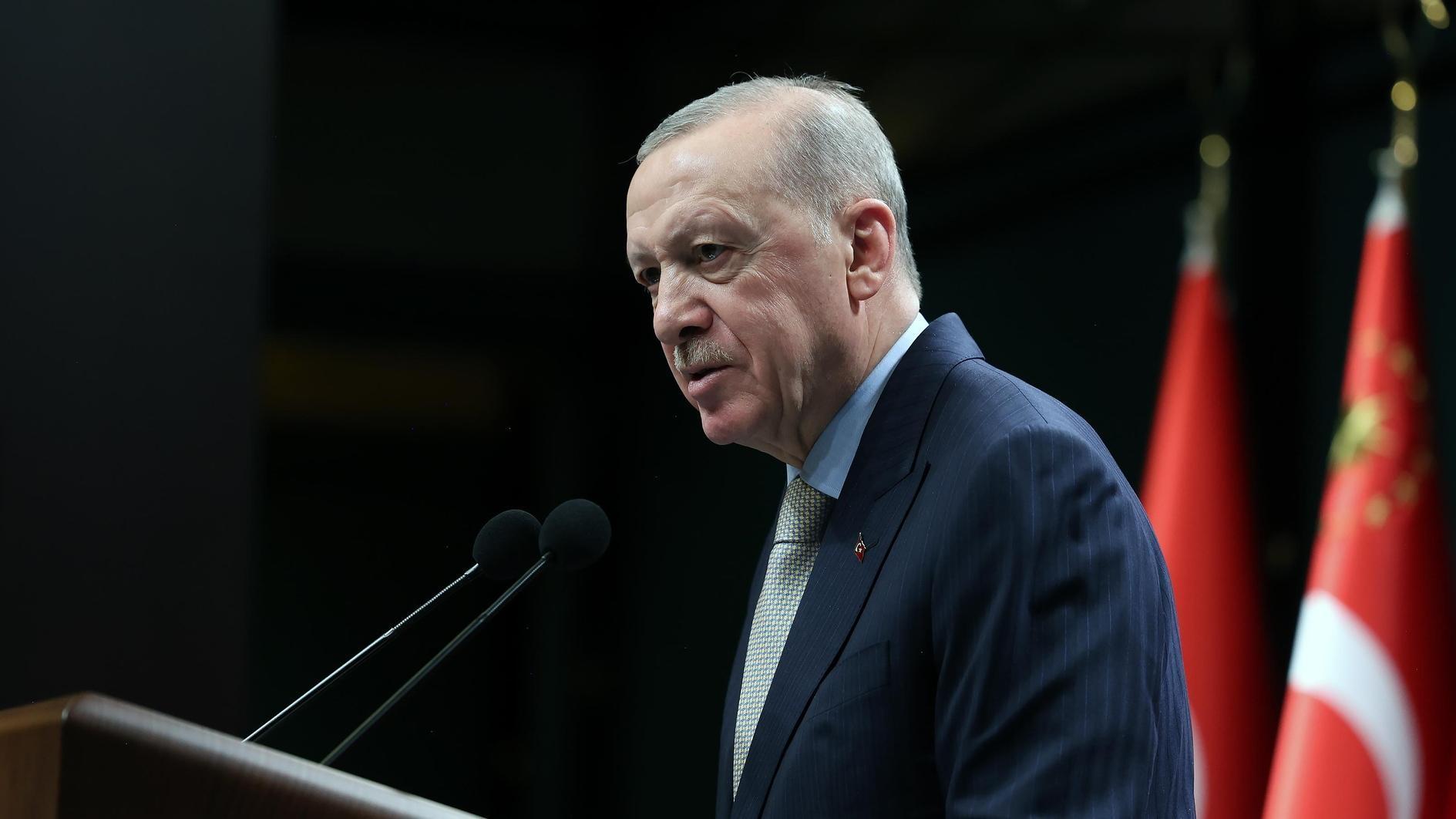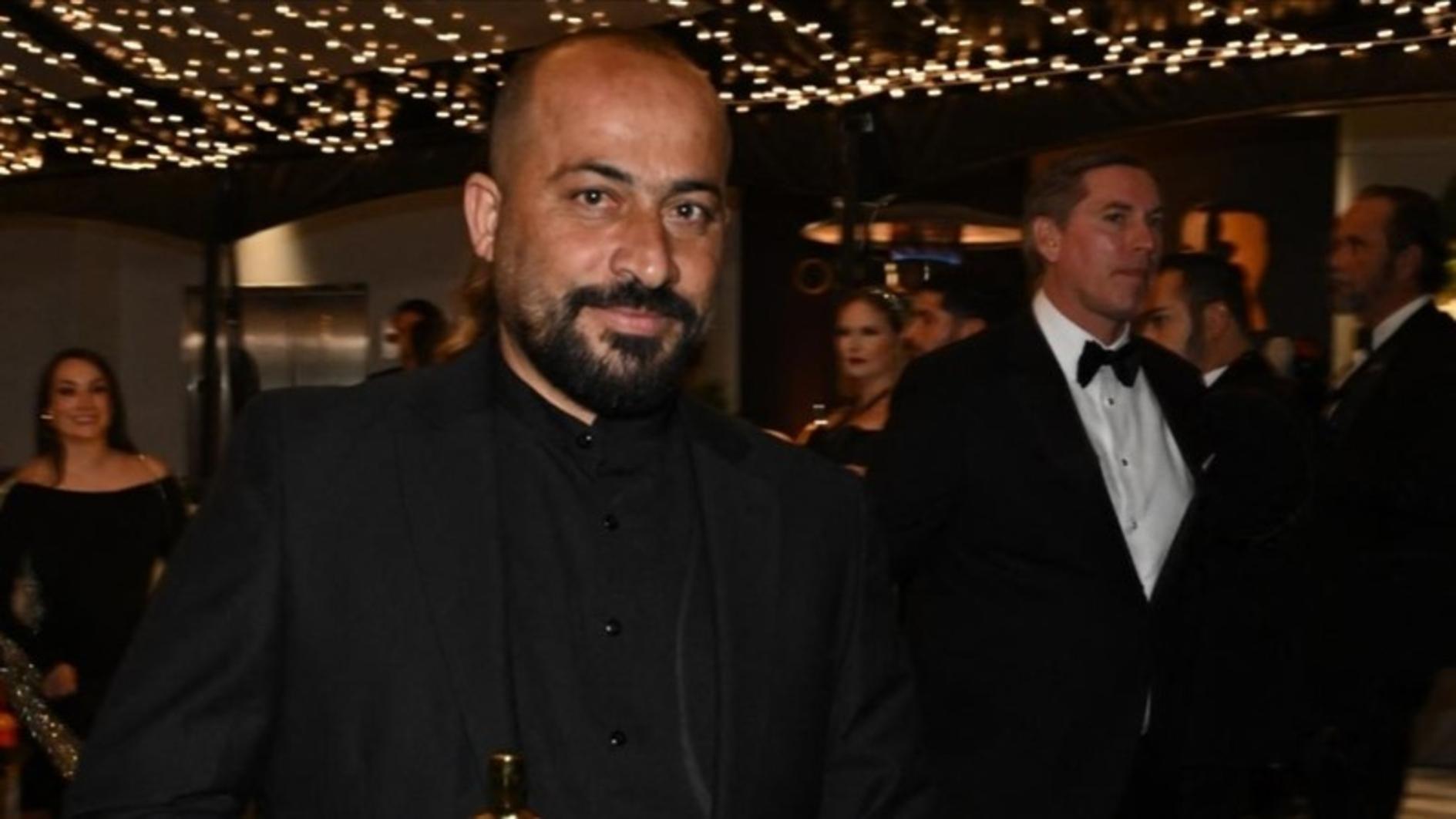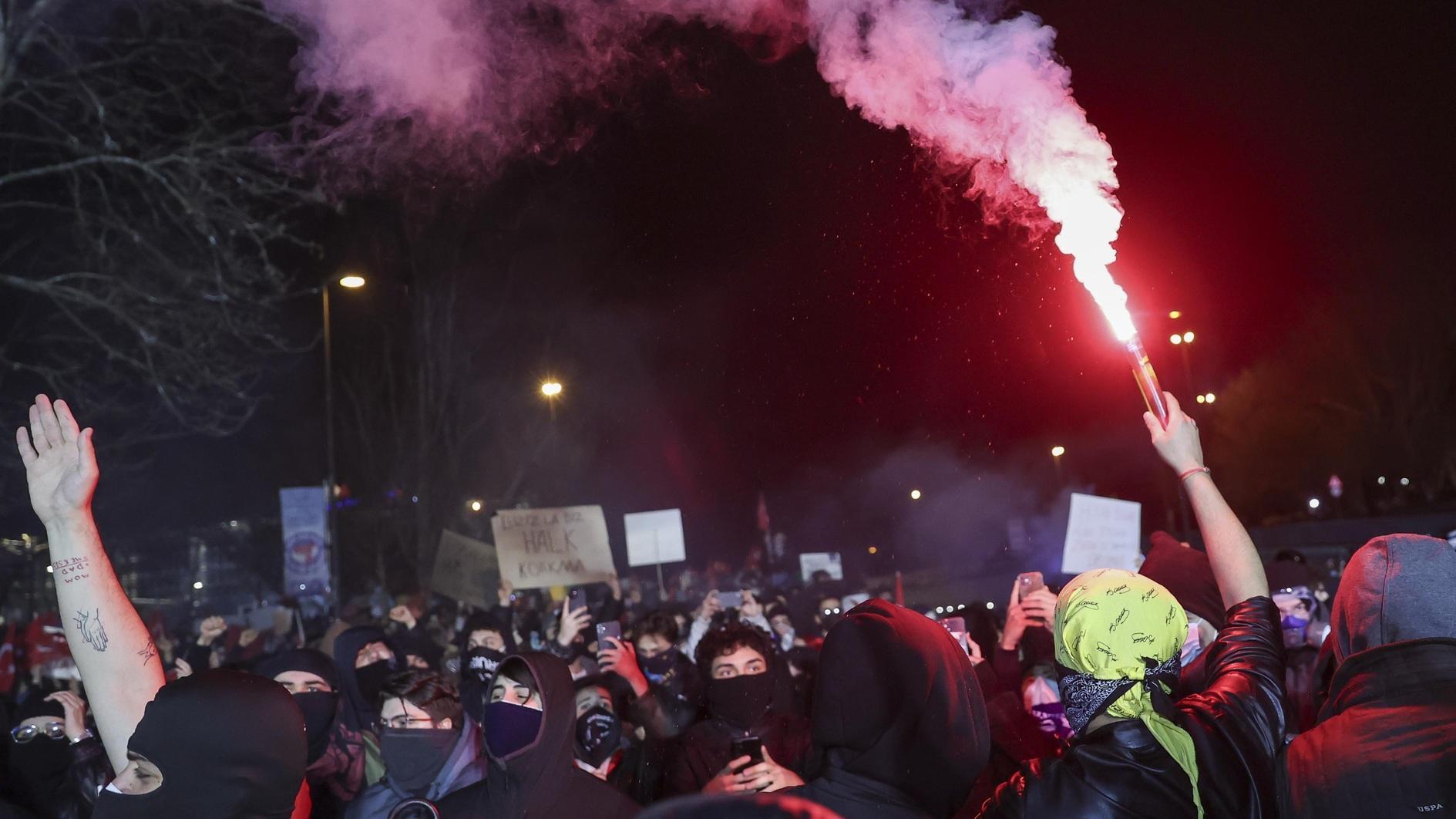Does it matter who gets elected in Cyprus?
Greek Cypriots will go to polling stations on Feb. 4 for run-off polls to elect their new president. Will it be the incumbent Nikos Anastasiades, supported by the Democratic Rally Party (Disi), or Stavros Malas of The Progressive Party of Working People (Akel)?
Anastasiades campaigned over the past week urging Greek Cypriots to avoid “trying something new” as “these are not times to waste with hopes for change.” He, indeed, was lucky that in the first round of voting on Jan. 28 that he and Akel’s Malas scored the highest votes and qualified for the run-off this Sunday. If instead of Malas, voters opted for Nicholas Papadopoulos of the Democratic Party (Diko) for example, it would be far more difficult for Anastasiades to hope for reelection; though there was hope that rather than anti-federalist Papadopoulos Jr., Akel supporters might prefer to vote for the “federalist Niko.”
Run-off elections on the Greek Cypriot side have always been problematic. Nicholas Papadopoulos’ father, former President Tassos Papadopoulos, for example, won over legendary center-right leader Glafcos Klerides in the second round of elections at the time with Akel’s support. A communist party supporting a neo-fascist candidate would perhaps be unthinkable anywhere else, but it was with Akel’s strong support that the independent George Vassiliou, a businessman, climbed up to leadership in the 1988 elections. Indeed, in hopes that pragmatist businessmen would cut the Gordian knot over Cyprus and speedily solve the Cyprus problem, international game setters wanted to elect Vassiliou for the Greek side and Asil Nadir, also a businessman, for the Turkish side. Vassiliou was elected, but Nadir opted out and his business empire eventually collapsed.
It is the very fact that both candidates of Sunday’s run-off were defending a “federal Cyprus,” a false spring optimism along with their elevation to the second round, that whoever wins over half a century of talks - aimed at reaching a federal resolution on the island but repeatedly failed - would be given a new chance. As told to people in their deathbed: As long as there is breath, there is hope. But such an approach is not realistic; it is romantic and fits well to human psychology. Just like Albert Einstein once said, “the definition of insanity is doing the same thing over and over again, but expecting different results.” How many more times do we need to see talks aimed at establishing a federal Cyprus get crushed either in the heat of Cyprus or on the cold mountains of Switzerland, where recent talks took place, to acknowledge the fact that Greek Cypriots are not willing or even intending to share power in any form with the Turkish Cypriot people on the basis of political equality?
The 2004 simultaneous but separate referendum on the so-called Annan Plan clearly demonstrated which side wanted settlement, and which side was adamantly against any power-sharing deal. The Turkish Cypriots that accepted the U.N. plan were left out in the cold, while the Greek Cypriots that rejected the plan and the hopes of settlement were awarded with European Union membership representing the entire island. Twelve years later, it was again the Greek Cypriot side to deliver a very strong “Oxi” (no in Greek) at the Crans Montana talks even though a defeatist Turkish-Turkish Cypriot delegation agreed (though verbally at that stage) to for an end to Turkey’s guarantor status, withdrawal of all Turkish troops except 650 of them and open renegotiation of withdrawing that 650 in 12 years’ time.
Anastasiades will most likely emerge victorious from Sunday’s vote, but even if Malas wins, hope for a federal deal would still be nowhere above zero. As long as Greek Cypriots insist on perceiving a federal settlement nothing further than Turkish Cypriots patching up to the Cyprus Republic with some rights and the constitution of the republic being rehashed with some federal components, can there actually be hope? As long as Greek Cypriots insist on “zero guarantees, zero soldiers” and Turkish Cypriots - even if the leadership says “Yes” to such demands - remain pondering Turkey’s continued guarantee and military presence on Cyprus as the sine qua non of any deal, can there be a federal settlement?
After over 50 years of failed federation talks on Cyprus, time ought to come to consider two states in the EU option, of course, with clauses prohibiting the union of the two states with other countries. Otherwise, will it matter what the name of the Greek Cypriot leader who will be elected on Sunday be?











